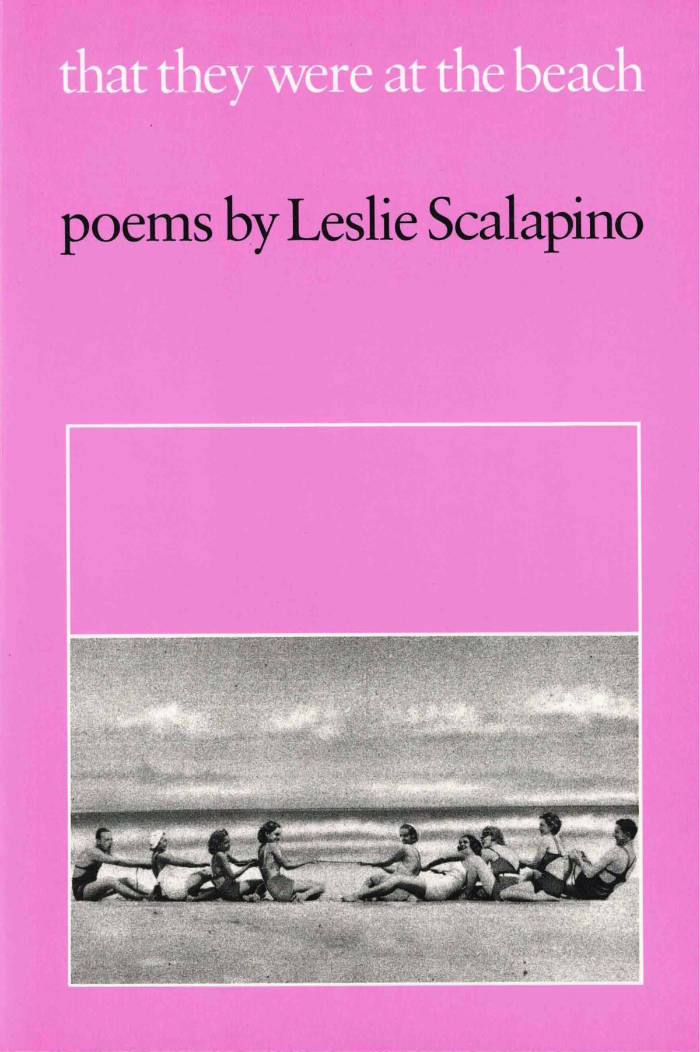
Poems: third edition, revised
J.H. Prynne is Britain's leading late Modernist poet. When his Poems was first published in 1999, it was acclaimed as a landmark in modern poetry, and nominated for a New Yorker book prize. It was superseded by the 2005 expanded second edition including four later collections only previously available in limited editions, and that in turn by the 2015 third edition including another six. Poems includes his 1969 collection The White Stones - central to his poetics - which was reissued in 2016 by New York Review Books with an introduction by Peter Gizzi.




